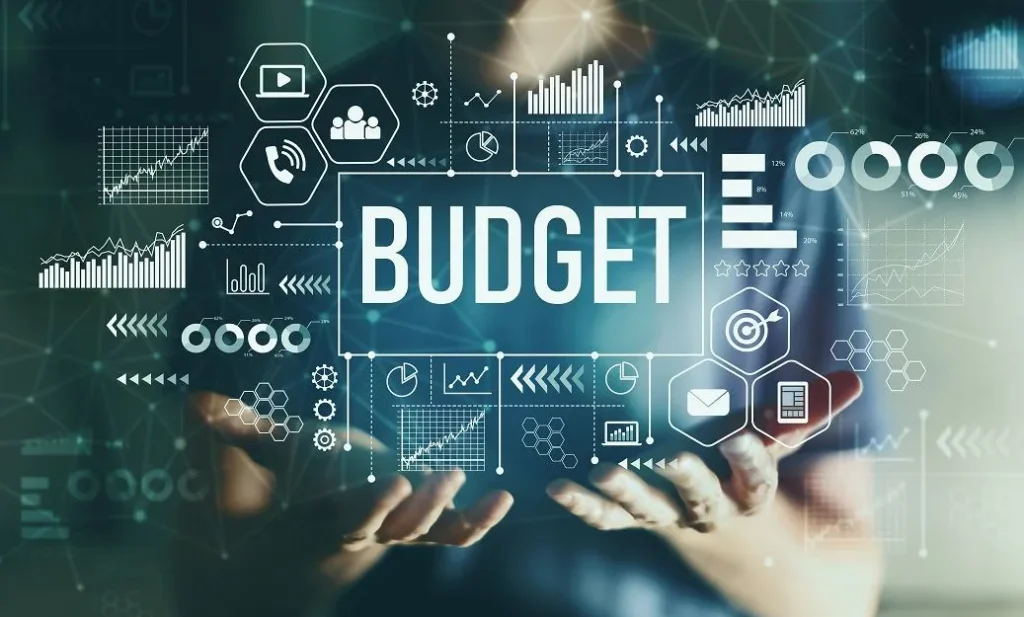Table of Contents
ToggleThe Importance of Budgeting: A Comprehensive Guide
Budgeting is a critical financial management tool that helps individuals, businesses, and governments plan and control their finances. By outlining expected income and expenditures, a budget provides a roadmap for achieving financial goals and maintaining financial stability. This article explores the fundamentals of budgeting, its various types, and the significant benefits it offers.
What is Budgeting?
Budgeting involves creating a detailed plan that estimates future income and expenses over a specific period, typically a month, quarter, or year. This financial blueprint helps track where money comes from, how it is spent, and how much is saved or invested. Budgeting is a proactive approach to managing finances, ensuring that resources are allocated efficiently to meet both short-term and long-term financial objectives.
Types of Budgets
1. Personal Budget
A personal budget helps individuals and households manage their income and expenses. It includes categories such as housing, food, transportation, utilities, entertainment, savings, and debt repayment. By tracking spending habits and setting financial goals, a personal budget helps ensure that individuals live within their means and save for future needs.
2. Business Budget
A business budget outlines the financial plans for a company. It includes projected revenues, operating expenses, capital expenditures, and cash flow. Business budgets help in planning for growth, managing operational costs, and ensuring profitability. Types of business budgets include:
- Operating Budget: Focuses on day-to-day revenue and expenses.
- Capital Budget: Plans for long-term investments in assets and infrastructure.
- Cash Flow Budget: Projects cash inflows and outflows to ensure liquidity.
3. Government Budget
A government budget details the expected revenues and expenditures for a fiscal year. It includes funding for public services, infrastructure projects, and social programs. Government budgets are crucial for economic stability, public welfare, and policy implementation. Types of government budgets include:
- Surplus Budget: Revenues exceed expenditures.
- Deficit Budget: Expenditures exceed revenues.
- Balanced Budget: Revenues equal expenditures.
Benefits of Budgeting
1. Financial Control
Budgeting provides a clear picture of financial health, allowing individuals and organizations to control their spending. By setting spending limits and monitoring expenses, budgets help prevent overspending and ensure that funds are used wisely.
2. Goal Setting and Achievement
Budgets enable individuals and organizations to set financial goals, such as saving for a house, reducing debt, or investing in business expansion. By outlining a plan to achieve these goals, budgeting helps turn aspirations into reality.
3. Improved Savings
A well-structured budget highlights areas where money can be saved. By identifying unnecessary expenses and prioritizing savings, budgeting helps build a financial cushion for emergencies and future investments.
4. Debt Management
Budgeting plays a crucial role in managing and reducing debt. By allocating funds for debt repayment and avoiding unnecessary borrowing, a budget helps individuals and businesses improve their financial stability and creditworthiness.
5. Financial Planning
Budgeting is an essential tool for long-term financial planning. It helps forecast future financial needs, such as retirement, education, or business expansion, and ensures that adequate funds are set aside to meet these needs.
6. Enhanced Decision Making
Budgets provide valuable insights that aid in making informed financial decisions. Whether it’s deciding to invest in new equipment, cut costs, or save for a vacation, a budget offers a clear framework for evaluating options and making prudent choices.
Steps to Create a Budget
1. Identify Income
Start by listing all sources of income, including salaries, wages, investments, and any other revenue streams. For businesses, this includes sales revenue, service income, and any other earnings.
2. List Expenses
Categorize and list all expenses, including fixed costs (rent, utilities, loan payments) and variable costs (groceries, entertainment, travel). For businesses, this includes operating expenses, cost of goods sold, and other expenditures.
3. Set Financial Goals
Determine short-term and long-term financial goals. Short-term goals might include saving for a vacation or paying off a credit card, while long-term goals might include buying a house or funding retirement.
4. Allocate Funds
Allocate funds to each expense category and ensure that income covers all expenses. Prioritize essential expenses and allocate remaining funds towards savings and debt repayment.
5. Monitor and Adjust
Regularly review the budget to track spending and income. Make adjustments as necessary to stay on track and adapt to changing financial circumstances.
Conclusion
Budgeting is a powerful tool that provides financial clarity and control. Whether for individuals, businesses, or governments, a well-planned budget helps manage resources, achieve financial goals, and ensure long-term financial stability. By understanding and implementing effective budgeting practices, anyone can enhance their financial well-being and make informed decisions that lead to a secure and prosperous future.
